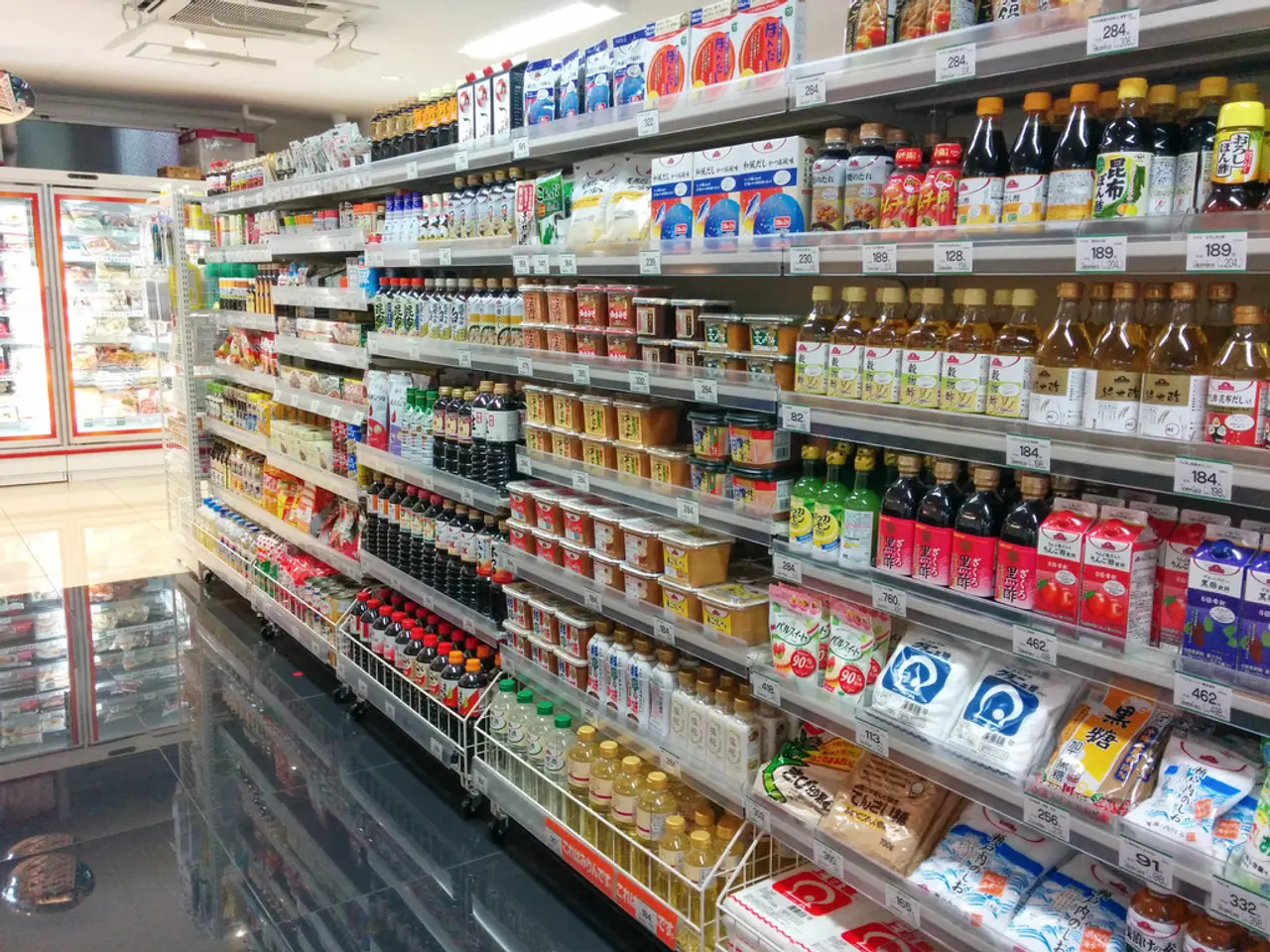Merger Negotiations Between Grab and GoTo Halt as Intensified Antitrust Investigations Pose Challenges
The proposed $7 billion merger between Grab and GoTo Group, two of the largest competitors in Indonesia's digital economy, is facing significant antitrust challenges and regulatory scrutiny. The merger, if approved, would create a highly dominant player in the ride-hailing, food delivery, and digital payments sectors, prompting concerns over monopoly power, reduced consumer choice, and potential price increases or lowered innovation.
Regulatory Scrutiny Ahead
Regulators in Indonesia and possibly at the regional level would likely assess the merger against antitrust laws focused on preserving competition in digital marketplaces. The Indonesian Competition Commission (KPPU) will evaluate the merger based on its overall impact on market competition. KPPU, which conducts merger reviews on a post-transaction basis, lacks the authority to assess or block a merger prior to its completion, unless the parties voluntarily engage in a pre-merger consultation.
Concentration Levels and Market Dominance
If the merger goes through, the combined entity could control upwards of 85% of the market in digital payments and food delivery. Such concentration levels would represent unprecedented consolidation in Indonesia's digital economy, with significant implications for regulatory approval prospects. The potential creation of a dominant super-app with outsized market power in Indonesia's digital economy is likely to trigger close regulatory scrutiny to mitigate anti-competitive risks and protect market dynamics.
Regional Implications and Competitive Response
The competitive response could reshape the entire regional landscape into a more concentrated, strategically segmented environment. Without coordinated antitrust/competition frameworks and harmonised digital economy policies, consolidation risks entrenching monopolies and exacerbating inequality among ASEAN markets. Divergent approaches to platform consolidation among ASEAN member states risk fragmenting the region's digital economy and undermining integration efforts.
Balancing National Control and Regional Competitiveness
It's believed to be essential for ASEAN to strike a balance between national control and regional competitiveness in managing platform consolidation. Larger, regionally integrated platforms may be better equipped to compete with dominant Chinese and Western tech giants, offering scale, capital access, and network effects that local players cannot achieve in isolation.
Regulatory Barriers and 'Failing Firm' Defense
GoTo's 73.9 percent foreign ownership is unlikely to present additional regulatory barriers from a competition law perspective. However, Indonesian Competition Law does not explicitly recognize the 'failing firm' defense, making it unlikely that financial distress alone would justify a lenient antitrust treatment.
Prevailing Legal Framework and Data Privacy
The prevailing legal framework in Indonesia remains focused on substantive issues, such as market dominance and anticompetitive effects, rather than the nationality of ownership. Regulatory implications extend to data privacy, cross-platform integration, and ensuring fair access to digital services, given both Grab and GoTo operate platforms that cover multiple key digital services like ride-hailing, food delivery, and financial technology. The merger may trigger conditions aimed at protecting competition and consumer welfare in these critical sectors.
Recent Regulatory Rejections and Timing
Recent regulatory rejections in Singapore and Taiwan could suggest that antitrust enforcement is becoming increasingly stringent across Southeast Asia. However, the implications for Indonesia remain uncertain. The merger review process in Indonesia significantly differs from other regional jurisdictions, particularly in terms of timing and process.
In summary, the merger's antitrust challenges stem from the potential creation of a dominant super-app with outsized market power in Indonesia's digital economy, prompting close regulatory scrutiny to mitigate anti-competitive risks and protect market dynamics. The proposed combination would result in a near-monopoly in ride-hailing, with combined market shares reportedly exceeding 90%, and could control upwards of 85% of the market in digital payments and food delivery. The regulatory framework in Indonesia appears designed to prevent market concentration of this scale, suggesting that approval would require extraordinary circumstances or substantial remedies.
Technology's influence in the education-and-self-development sector could be a focus for discussion, considering the potential impact of the merger on innovation and consumer choice in Indonesia's digital economy. Regardless of the merger's outcome, lawmakers might need to review and update current laws to account for the increased concentration of power in the digital marketplaces, ensuring a fair competitive environment for all.
The sports industry, like other sectors, would benefit from a transparent and efficient regulatory process for mergers, as it would help establish a level playing field, prevent monopolies, and encourage continued growth and competitiveness in the digital economy. Just as regulators are closely monitoring the proposed Grab and GoTo Group merger, sports organizations and competitors may face scrutiny when pursuing mergers or acquisitions to maintain a competitive landscape.




